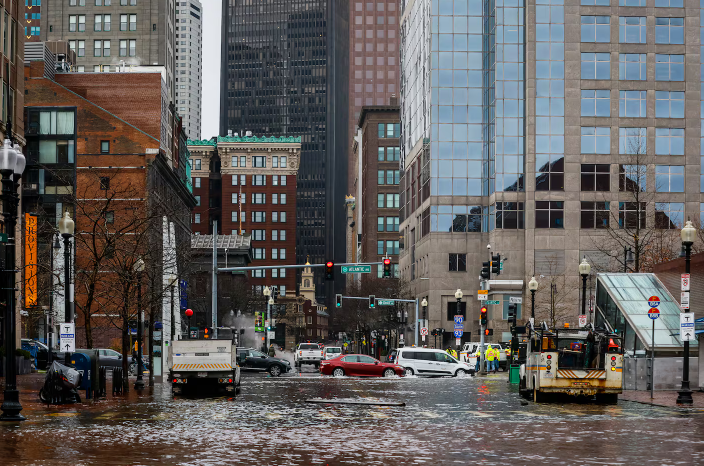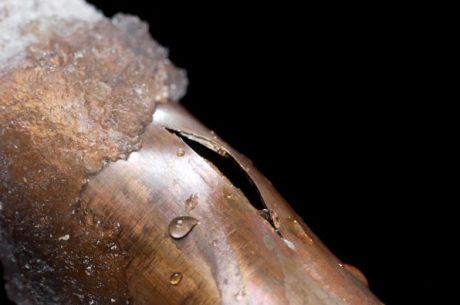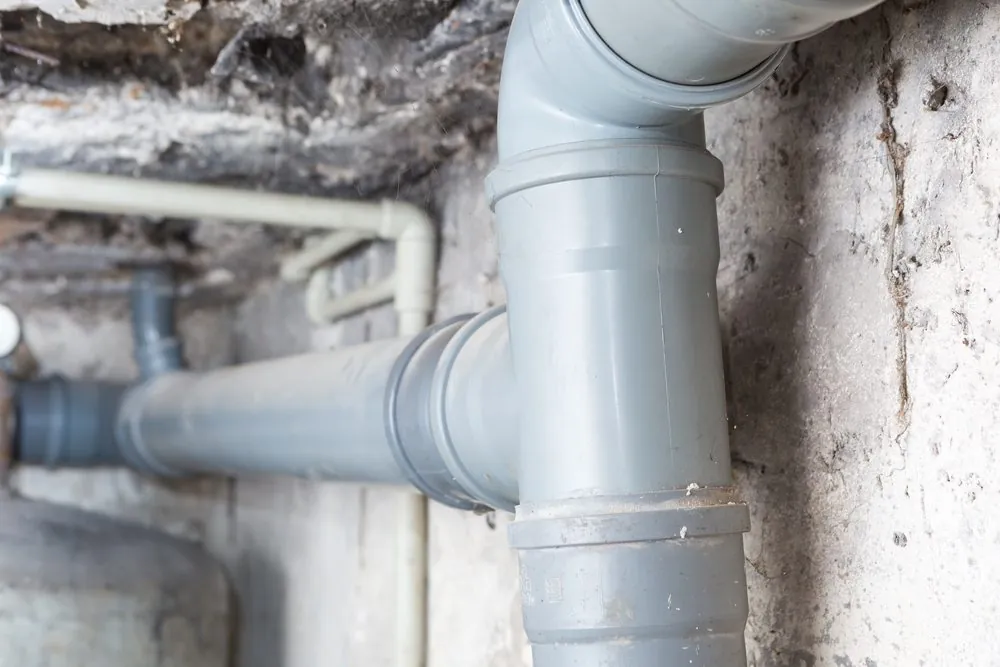Rain or rot, ready or not — protect your home and avoid the basement flood cleanup Boston homeowners face each spring.
Many Boston homeowners focus on clean-up after a flood but overlook crucial steps that prevent it from happening in the first place. With New England’s volatile spring weather and dense urban layouts, prevention must be proactive. These five overlooked actions can significantly reduce the chances of needing basement flood cleanup Boston services again.
5 Preventative Measures
- Grade the Landscape Away from the House: Ensure soil slopes outward to direct water away from the foundation. Improper grading is a leading flood trigger.

- Install and Maintain Gutter Extensions: Downspouts should carry water at least five feet from the home. Regular cleaning ensures proper flow.
- Use a Backwater Valve: Prevents city sewer backups during storms—a common cause of sudden basement flooding.
- Seal Foundation Cracks: Small gaps let in groundwater. Professional sealing keeps moisture out and reduces long-term risk.
- Install a Sump Pump with Battery Backup: Power outages during storms render electric-only pumps useless. Backup systems keep basements dry when it matters most.
Flood prevention isn’t complicated, but it does require awareness, consistent upkeep, and a willingness to prepare before the storm hits. The five overlooked measures listed above—grading, sealing, sump pumps, gutter maintenance, and plumbing inspections—aren’t just theoretical. They’re proven tactics that save Boston homeowners thousands of dollars in flood-related damage, mold remediation, and long-term repairs.
Boston’s geography and infrastructure make these actions critical. According to FEMA and Massachusetts state reports, over 20% of flood insurance claims in the state originate from basement flooding, with the Boston metro area accounting for a large portion. With over 70% of Boston’s housing stock built before 1970, and nearly 45% constructed before 1940, many homes have outdated waterproofing, aged materials, and antiquated drainage systems. In fact, the average age of residential plumbing systems in Boston is estimated at 75+ years, increasing the likelihood of hidden leaks, pipe bursts, and water backup during storms.

Historical weather data also backs the need for vigilance. The rainiest months in Boston are typically March, April, and November, but May and June rank just behind, often bringing sudden, heavy downpours and high humidity. This surge in moisture saturates soil quickly and overwhelms stormwater systems, particularly in neighborhoods with older infrastructure or poor yard grading. All of this makes basement flooding not a rare event, but a recurring hazard.
Despite your best efforts, nature and infrastructure can still overwhelm even a well-prepared property. That’s where professional basement flood cleanup Boston services become essential. DIY solutions may not dry hidden cavities, treat contaminated surfaces, or prevent mold regrowth. Professionals use industrial equipment, thermal imaging, and proper sanitization techniques to ensure the job is done right—and that it doesn’t have to be done again.
If your basement has flooded or you’re ready to safeguard your property before the next storm hits, don’t wait. Contact PuroClean for expert basement flood cleanup Boston homeowners trust for fast response, deep remediation, and long-term solutions that protect your investment and peace of mind.


